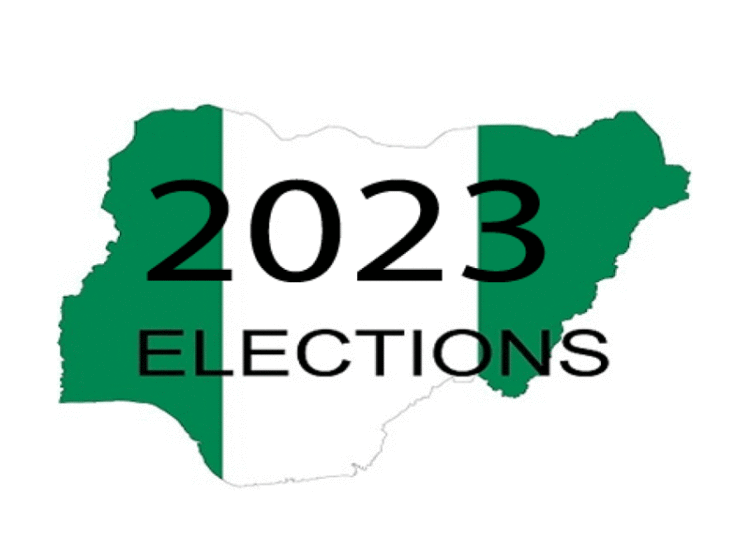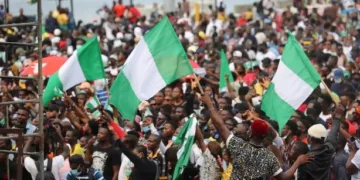The Ekiti gubernatorial election has come and gone with the candidate of the All-Progressives Congress (APC) Abiodun Oyebanji, emerging as the winner. Indeed, this is the first election that will hold since President Muhammadu Buhari signed the amended Electoral Act into law.
The Ekiti and Osun gubernatorial election were seen as test cases for the Independent National Electoral Commission (INEC) ahead of the 2023 general election especially with regard to the electronic transmission of results.
The Ekiti election, being the first, was a chance for INEC to test the electronic transmission of results. A coalition of observers’ groups that monitored the June 18 governorship election in the State, adjudged the election free, fair, and credible and urged other contenders to accept the outcome.
Also, Yiaga Africa, a Civil Society Organisation (CSO), in its assessment adjudged the Ekiti governorship election result announced by the INEC as credible as it falls within its Parallel Vote Tabulation (PVT). It also said that the PVT, which is an election observation methodology based on a representative random sample of polling stations, is employed for independent verification of results of elections.
However, in the considered opinion of this newspaper, voter apathy and vote-buying are still a major albatross in the electoral process. For instance, only 360,753 people out of the total 988,923 registered voters came out to vote in the just concluded Ekiti state Governorship election. This represents a meager 36.5 per cent voter turnout. Compared to the 2018 governorship election, voter turnout in the 2022 election dropped by 17.8 per cent.
Similarly, a report by dataphyte, a review of the state’s governorship election data from 2003 to date, except 2007 due to unavailability of the data, shows that the 2022 turnout rate is the lowest the state has ever recorded. In the 2003 election, only 43.5 per cent of the total 981,753 registered voters turned out to vote. In 2014, voter turnout increased to 49.1 per cent, although the number of registered voters dropped. The state had a total of 909,585 registered voters in 2018 but recorded only 44.4 per cent voter turnout. According to INEC, 988,923 registered voters were expected to participate in the 2022 election. However, only 360,753 came out to vote, which is 36.5 per cent of the total registered voters.
However, it is gratifying to note that with the rush to get a permanent voter’s card (PVC) by a majority of Nigerians, it is expected that voter apathy may not be the case in the 2023 general election. Also, another major observation in the Ekiti election was the rampant vote-buying that took place.
Civil society organisations, reacting to this anomaly has asked the Economic and Financial Crimes Commission (EFCC) to prosecute those arrested for vote-buying and electoral fraud in the election.
They noted that observers deployed for the election saw how party agents from the main political parties were sharing N7,000 to voters after signifying how their ballot papers were marked. Indeed, according to reports from many observers, all the major parties were guilty of vote-buying.
Sadly, no matter the good intentions of INEC, politicians always look for ways to circumvent the system. It is our conjecture that with the electronic transmission of results, snatching of ballot boxes will no longer be fashionable.
The only option left now for deviant politicians is to engage in vote-buying. This should be nipped at the bud.
In our view going forward, phones should be banned from polling booths. Also, there should be a considerable distance between the booths and other party agents. Most voters snap their ballot papers to show the party agents evidence that they voted for them before collecting their money or in some cases, the voter from a distance shows the agents their ballot papers to signify they voted for them. This can be tackled by banning phones and isolating the polling booths.
Consequently, we call on the EFCC to prosecute those arrested for buying or trading votes in the Ekiti election. Prosecution of the suspects will serve as a deterrent to would-be vote traders in subsequent elections. We must get our electoral system right.
We commend INEC for the seamless manner the election in Ekiti was conducted. But that does not mean that there is no room for improvement. What is required at this time is for the political parties to overcome their shenanigans and join hands with the electoral body to actualise the wishes of Nigerians. Ekiti has proved that INEC can do it. But certainly not alone.





